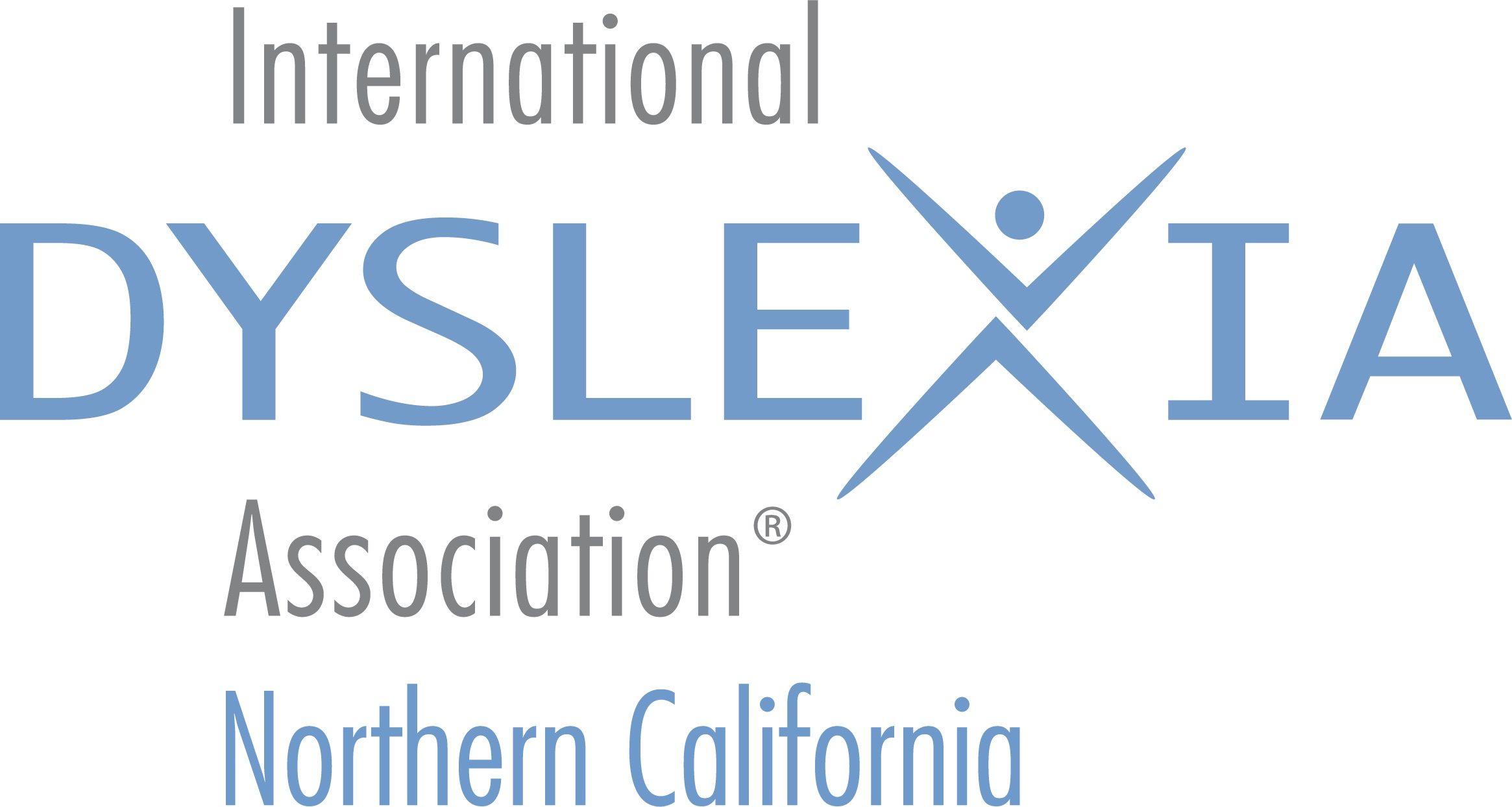Programs and Speakers
IDA members have made presentations on topics relevant to California’s new Dyslexia Law. Below is a listing of speakers and topics that may be helpful for your organization. Contact these speakers directly for information on fees and scheduling. IDA Northern CA will update this speakers listing on a regular basis. If you are a speaker, please apply by sending an email to admin.ncal@dyslexiaida.org.
Experience Dyslexia™ Simulation
You may be interested in our Experience Dyslexia™ kit or workshop as a powerful way to help people gain a beginning understanding of what it is like to have dyslexia. This popular learning disabilities simulation is a hands-on activity that lets participants experience some of the challenges and frustrations faced by people with this language-based learning disability. Learn more here.
Speakers

Kathy Futterman, Ed.D., ET/P
Kathy is adjunct Professor at CSU – EB in departments of Educational Psychology and Teacher Education, and Educational Specialist for Mt. Diablo School District. Please contact IDA Northern CA at admin.ncal@dyslexiaida.org and we will forward Kathy’s contact information to you.
Here are some presentations that she has given to general educators, special educators, RtI specialists, reading specialists, school psychologists, administrators, Speech Language Pathologists, and SELPA’s:
- Understanding Dyslexia and the Impact of AB 1369
- Assessing for Dyslexia
- Structured Literacy (overview – not specific to one program)

Nancy Cushen White, Ed.D.
Nancy is Clinical Professor, Division of Adolescent and Young Adult Medicine, Department of Pediatrics, UCSF Dyslexia Research Center. Please contact IDA Northern CA at admin.ncal@dyslexiaida.org and we will forward Nancy’s contact information to you.
Here are presentations that she has given, which can be adapted to an audience for either professionals or parents:
What is Structured Literacy
Topics include:
- Content and Principles of Instruction
- How is Structured Literacy related to dyslexia?
- Glimpse of AB 1369
- What is dyslexia?—definition—characteristics—frequently co-occurring conditions
- The Why and How of Structured Literacy
Phonological Processing
- Orthographic Processing
- Structured Literacy and Phonics
- What are they? How do they differ?
- How are they related to dyslexia?
Outline—Questions
- What is dyslexia?
- Characteristics of dyslexia (What does dyslexia look like?)
- What is a phoneme?
- How are phonology—reading—spelling related?
- What is the connection between phoneme awareness and phonics
- What are the components of phonological processing?
- What does speech have to do with phoneme awareness?
- Evidence from neuroscience
- What is orthographic processing?
- How is orthographic processing related to reading development?
- How do word recognition skills develop over time?
- How do lexical and phonological pathways operate?
- What are the stages of orthographic awareness?
- What is Venezky’s theory of “set for variability”?

Nancy Redding, M.Ed., FIT/ AOGPE
Nancy is currently a teacher trainer for the Academy of Orton-Gillingham Educators and Practitioners as well as a Learning Disability Specialist in the California Community Colleges. Nancy is former president of IDA Northern California. Please contact IDA Northern CA at admin.ncal@dyslexiaida.org and we will forward Nancy’s contact information to you.
Here are suggested presentations, which can be adapted for parents or professionals:
- What is Dyslexia and how can it best be addressed by my school?
- Neurological basis for dyslexia
- Nature and Needs of the dyslexic student
- Screening for students at risk for dyslexia
- How to best serve the students with dyslexia in schools
- What are the Components of Structured Literacy?
- What are phonological and phonemic awareness, and how can they be taught?
- How can I incorporate a phonics based program into my curriculum?
- How effective is intensive Structured Literacy intervention for students with dyslexia?
- What is multisensory instruction? Why is it effective?
Share this page with your friends…













